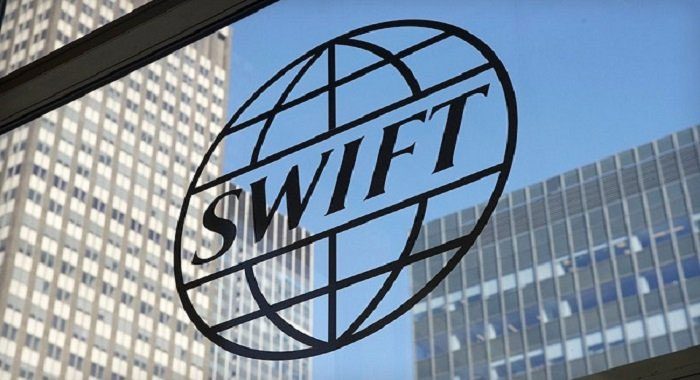SWIFT stands for the Society for Worldwide Interbank Financial Telecommunication, established over 35 years ago in Belgium with 239 banks from 15 countries participating from the very beginning. Today, SWIFT connects over 11,000 financial institutions across 209 countries and territories.
This is an association whose members are banks and financial organizations. SWIFT facilitates the transfer of money and exchange of information among its member banks worldwide through a transaction code known as the SWIFT code. Members exchange information and transfer money in the form of SWIFT messages, which are standardized telegrams consisting of data fields and symbols that computers can recognize and process transactions automatically.

SWIFT is considered the backbone of the international financial transfer system.
Statistics show that over 40 million messages commanding the transfer of billions of USD are sent daily through SWIFT, making this platform the most important payment network in the world to date.
Due to its role in controlling the flow of money globally, SWIFT has a very high level of security, making it challenging for hackers to successfully attack this system.
SWIFT is currently managed by the central banks of the G10 countries and the European Central Bank, under the coordination of the National Bank of Belgium.
Advantages of SWIFT
Banks around the world utilize the SWIFT system due to its outstanding advantages:
- This is a communication network used exclusively within the banking and financial institution systems, ensuring high security and safety.
- The fast transmission speed allows for the processing of a large volume of transactions.
- The cost of a transaction message is low compared to traditional communication methods like mail and Telex.
- Using SWIFT adheres to a standardized protocol globally, allowing any participating bank to integrate smoothly into the global banking community.
Although SWIFT is one of the main means of international financial communication, it is not the only method, and other communication means must still be used. For instance, when transferring a set of international transaction documents to a bank in Myanmar, traditional mail must be used instead of SWIFT, as that bank has not yet joined the SWIFT system. Similarly, when sending a telegram to a bank in that region, traditional mail communication is still necessary.


















































